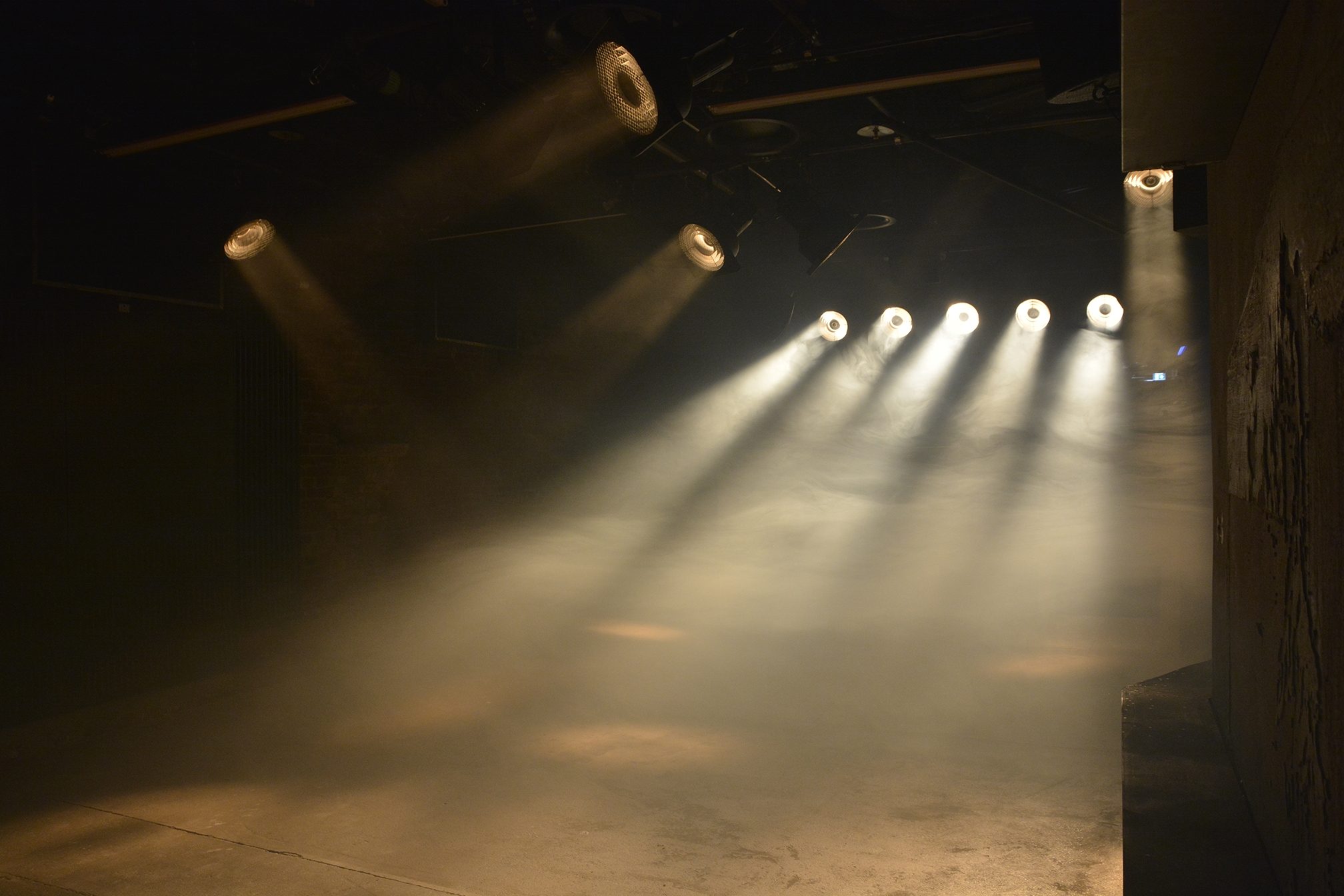 Features
Features
Tresor.West founder praises “very successful” Community Nights with free entry and no headline DJs
With more than three decades experience running the world class Tresor club in Berlin, Dimitri Hegemann is now finding success with an alternative strategy at the struggling sister venue in western Germany, and is dedicated to sharing the knowledge of successful club management across Europe and beyond. Patrick Hinton reports
Dimitri Hegemann, the founder of legendary Berlin nightclub Tresor and its Dortmund sister club Tresor.West, has heralded the success of recent ‘Community Nights’ at the latter venue in a new interview with Mixmag.
The events see the venue offer free entry with an unannounced line-up, attracting more footfall by making nights out more affordable for young clubbers, as well as giving a platform to the next generation of DJs.
Initially announced to take place throughout January, the popularity of these events has since encouraged Tresor.West to extend the format through February, with Hegemann also hinting at plans for more Community Nights and extended opening hours in March.
The Tresor Foundation in Berlin is also working to help more new clubs to open, or struggling clubs to prosper, in areas with less developed nightlife infrastructure with its club management training programme.

Plans for Tresor.West’s Community Nights were revealed in early January with the announcement of its #SaveTheUnderground campaign, revealing the "club is in danger" because of financial difficulties which have been impacting many music venues across Europe and further afield in recent years due to exacerbating socio-economic issues.
In North Rhine-Westphalia, the region in western Germany where Tresor.West is situated, recent statistics from LINA (Live Initiative NRW) revealed that 77% of venues in the state are facing financial difficulties or considering closing.
One of the main issues Tresor.West has been facing is expensive headline DJ fees not being recouped in ticket sales due to low attendance.
Read this next: How The Cost Of Living Crisis Is Impacting Nightclubs And Promoters
Hegemann notes that there are plenty of DJs who would have no problem packing out Tresor in Berlin — a storied techno club in a city that attracts millions of visitors each year due to its vibrant nightlife culture — but says that the same bookings fail to bring in crowds in Dortmund, which does not have as strong a dance music scene.
“If you have acts that fill up Tresor in Berlin, the same act in Dortmund nobody knows, maybe only 200 people come. They do not have the narrative we have in Berlin with the fall of the wall,” he says.
At the same time, he states that there is an interest in dance music and club culture in the region, but the current economic situation for both venues/promoters and attendees is making it difficult for clubs to sustain themselves and crowds to afford to go out regularly.
Hegemann and the team feel passionately about the venue they have built, as well as keeping clubs open outside of hotspot cities, so began to think about ways to boost attendance.
“We realised the kids do not have the money,” he says. “Normally they have to pay €20 to get in. Maybe they spent €15/20 for drinks, sometimes they need a taxi to get back. It costs a normal raver like €80 to go out; kids can't afford this. Instead of coming out every week, they come out maybe once every six weeks.”
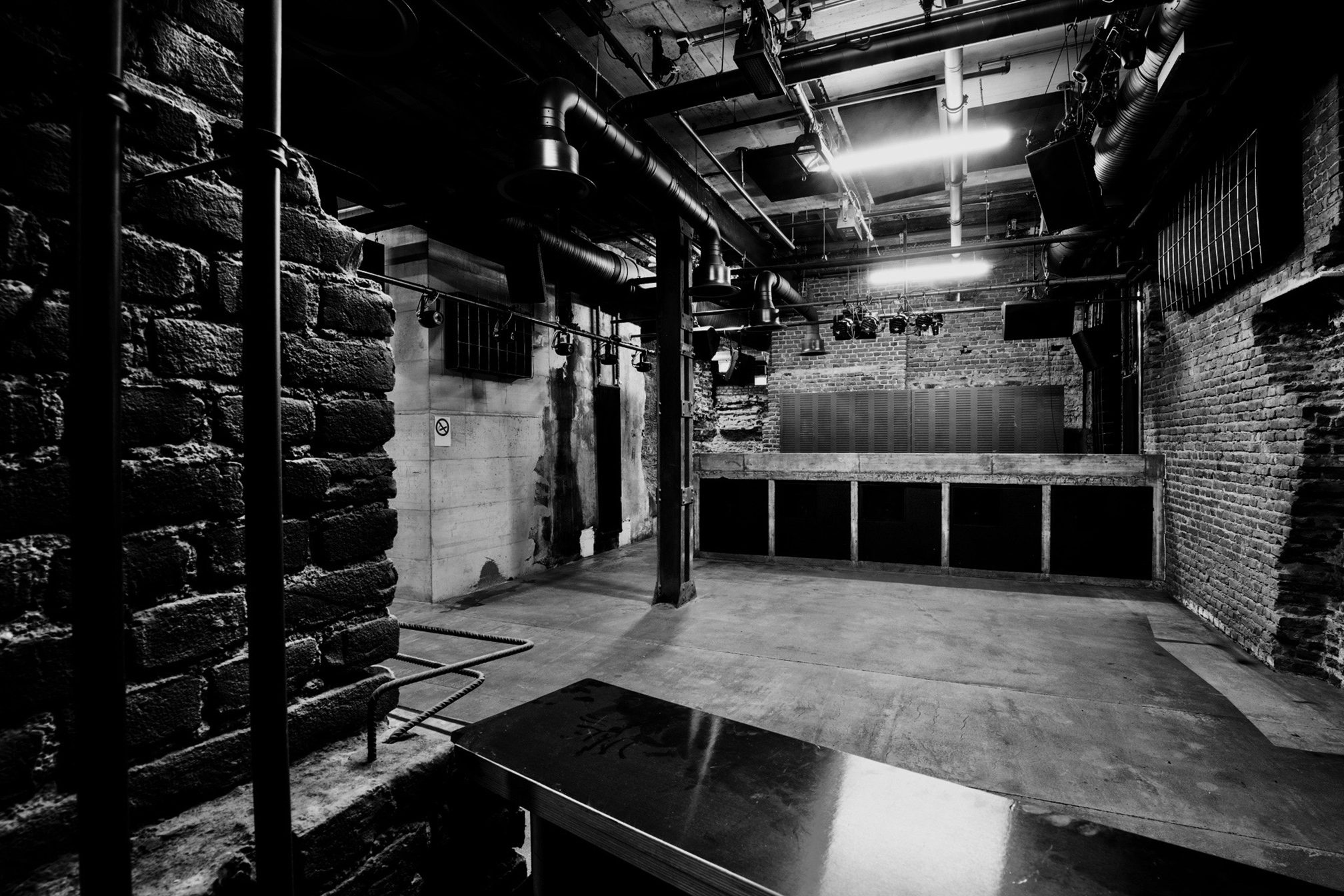
In a bid to address this issue for attendees and reverse the club’s financial losses, Tresor.West announced it would shift its strategy to showcase unannounced line-ups, featuring more local DJs, with free entry to the club, initially every Saturday in January, and since extended.
“The result is very successful I must say,” says Hegemann. “The first night we did it 650 people came, they were really happy. The second night was 680, the third Saturday was 730. They had a really good time and they like it.”
“The protest is actually against the big name DJs. To my mind, most of them forgot where they started their career,” Hegemann says. “I ask them, and the agencies, ‘Why don't you play a small club for a small amount three or four times a year?’. If a DJ plays a big festival like Dekmantel, we cannot pay the same fee in a small club.
“I still admire these guys [big DJs],” he adds. “I do not want to kill the music scene, but people seriously have no money to go out. Big festivals still work and make money. But small clubs, if it doesn't work financially they disappear in silent ways. One day you wake up and then they're gone. You really have to fight for those clubs.
Read this next: How sky-high DJ fees are crippling dance music
“I asked the people in Dortmund, do you want to live in a city without a club or with a club? The feedback was quite clear,” he says, referencing the#SaveTheUnderground Instagram announcement post which reached more than a million people. “We asked the community, ‘Are you ready for community nights?’, and the response was very strong.”
Since adapting the booking policy, he reveals: “We take more locals, some people are on the road and like to come. We cannot afford big travel costs or hotels. We also did not increase the prices for the drinks. In the end we broke even for the first time. We have a queue for the first time.
“It's now really busy, it's a really good party atmosphere. It's not a name people know but they're happy,” he adds. “The young DJs say: ‘Wow! First time in my life I have a really packed club.’ They have a good time. It's very trusting.
“There are so many DJs around. We had support offers from at least 150 DJs [who are not well-known]. They try hard at home, they've got the equipment, they're really into it. Why can't we use this energy of all these hundreds of DJs who've never played in a bigger club?”
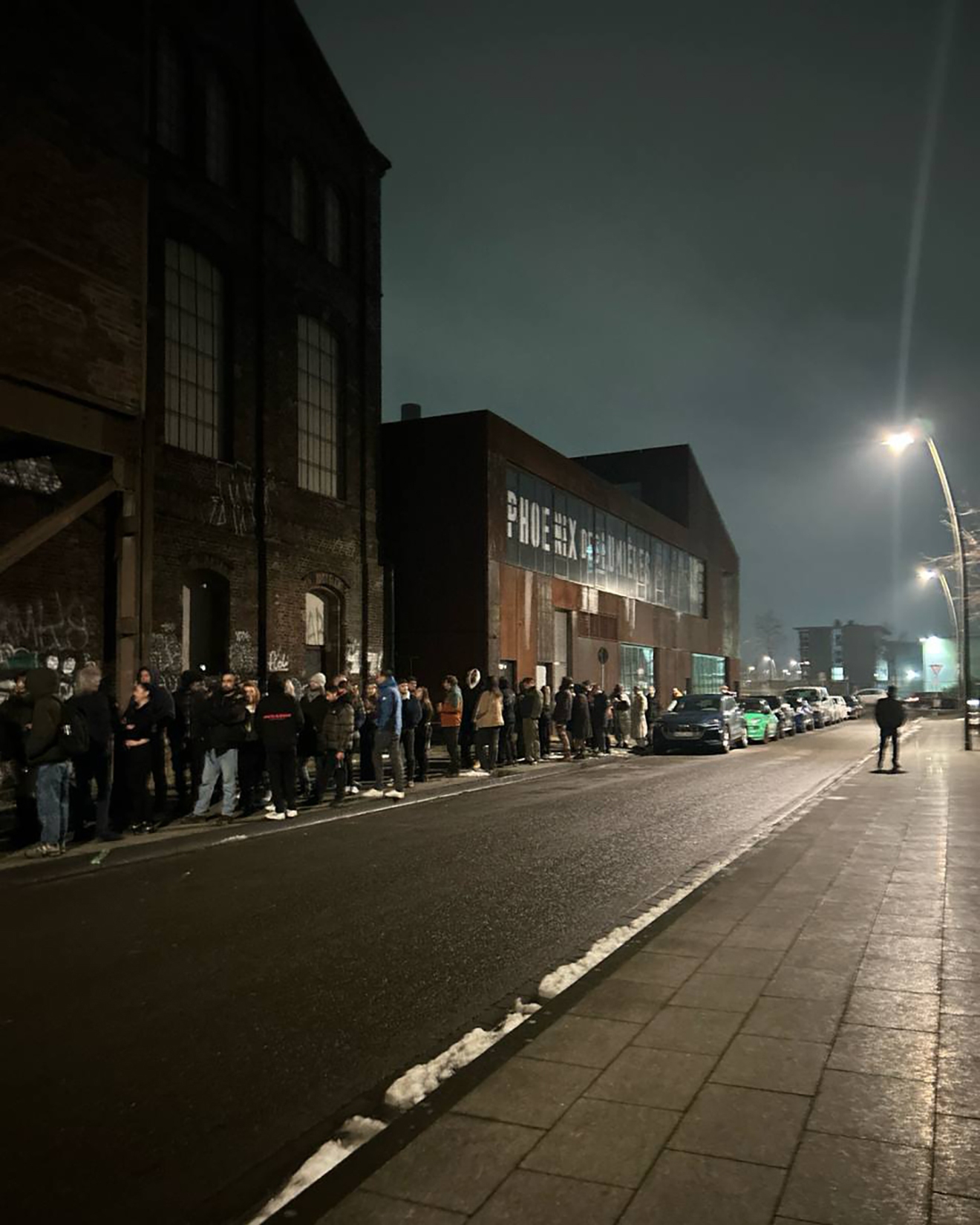
Over time, Hegemann hopes to build up cultural understanding and support for dance music in the region, with both headline names and smaller DJs. Having now established it is possible to attract crowds of more than 700 to Tresor.West, he sees the potential for that education.
“If we want to establish a night-time economy and a well curated club with talents, why not try out this way?” he adds. “What we want to make better is the conversation with the fans. If you just put up a picture of a DJ and charge €20 it doesn't work.
“We want to improve the dialogue with our visitors. 'Next weekend Juan Atkins is coming by from Detroit, we’ve got to pay him travel costs', and just explain what's coming, and then I think they'll understand. If we have 700 people and everybody pays even €5 or €10, that's a lot of money.
“We want to become more transparent for the visitors, it's no secret. In Germany the split is that the door is always for the programme, security, booker, awareness team. The bar is for all the other costs we have in the venue. All the promotion, programme, flights, hotels has to be covered by the door.”
Read this next: Grassroots venues suffer their "most challenging year"
Hegemann says there has already been a noticeable positive impact on how engaged the young crowds have been at the Community Nights, abiding by the ban on photography and request for dancers to keep mobile phones in their pockets.
“They are a TikTok generation, they take the handys [mobile phones], they make the selfies, they have a completely different behaviour,” he says. “We want everything that happens in the club to stay in the club. New people came, very young people, and we have a really great atmosphere. Our experiment works.”
He has an optimistic and passionate view on the social and economic role of clubs in local communities. “'The club' is an incubator for new ideas and foundations of businesses. If there is no nightclub, it’s harder for young people to meet each other. You find people, they're open-minded, it motivates people, it encourages them to do something, small scenes can grow. I really believe it helps any community,” he says. “If the city says, 'No not possible', then young, intelligent people leave, they migrate, they go to Berlin. The result is that in the small city this vacuum gets filled up with right-wing people. Clubs strengthen democracy.”
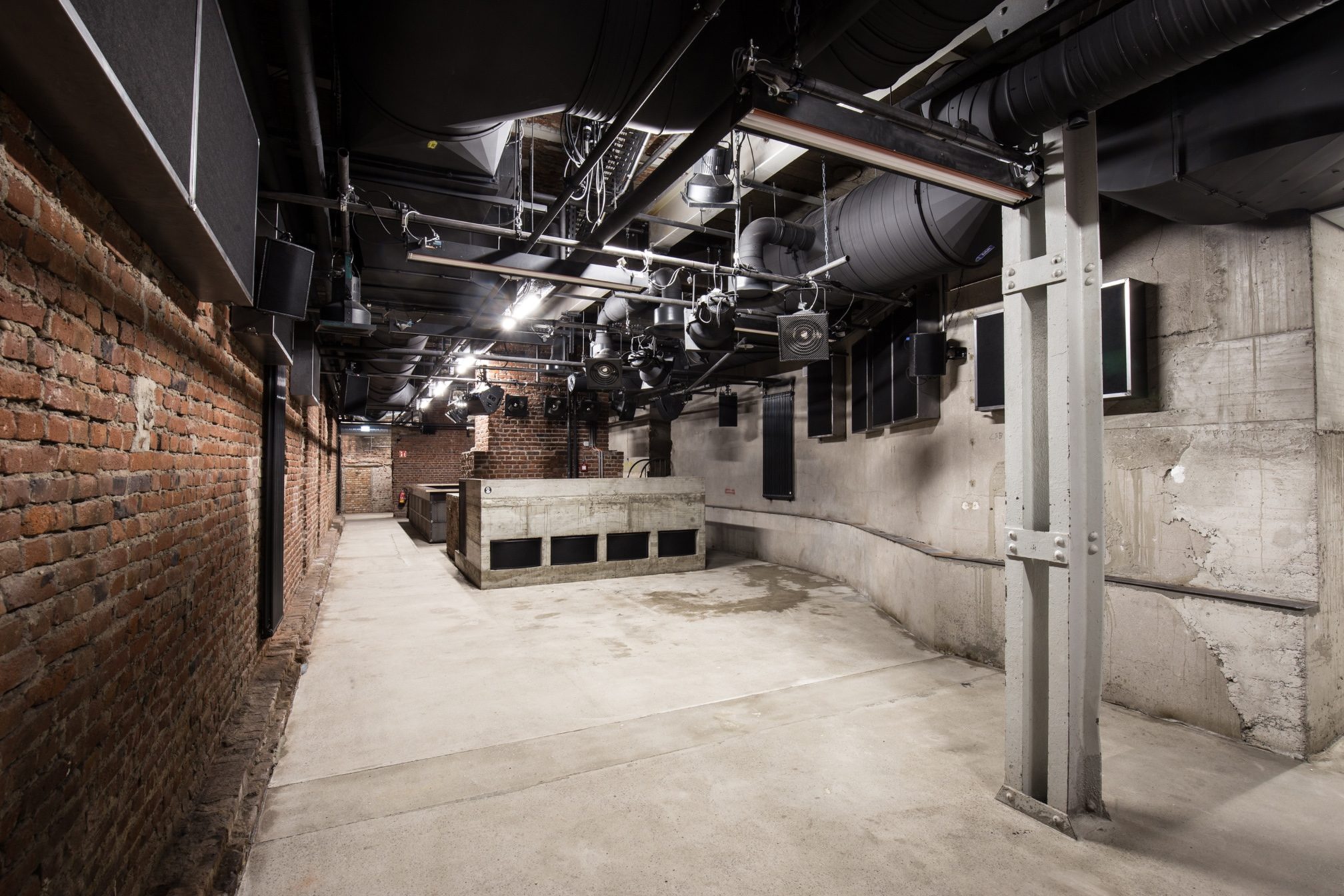
To help more nightclubs open around Germany and beyond, Tresor has launched the Academy of Subcultural Understanding, an intensive training course in club management, at its Berlin headquarters. Twice a year, Tresor invites up to eight students to attend the three-month programme, where they are given a rigorous education in all matters related to running a club, including expertise from architects, lawyers, creatives, craftsmen and entrepreneurs.
“The people apply for it by sending a one minute video,” says Hegemann. “They say, 'Hey I live in this city that has 80,000 people and nothing is going on and I want to change that'. We got 80 applications but we only want small class sizes so nobody can escape. If you talk to a group of 30 people and you ask anybody a question then nobody answers, but if you have six people it's like tea time. Everybody is listening and coming up with their own thoughts.”
Hegemann revealed that the idea was partly inspired by how difficult it was to find staff for Tresor.West after lockdown ended and previous employees had moved on. “After COVID, the clubs didn't come back,” he says. “Our light man, our managers, the bar director, they all left and found other jobs. To find a club manager in that area is impossible, because where could they have learned it? There were no clubs in this area.”
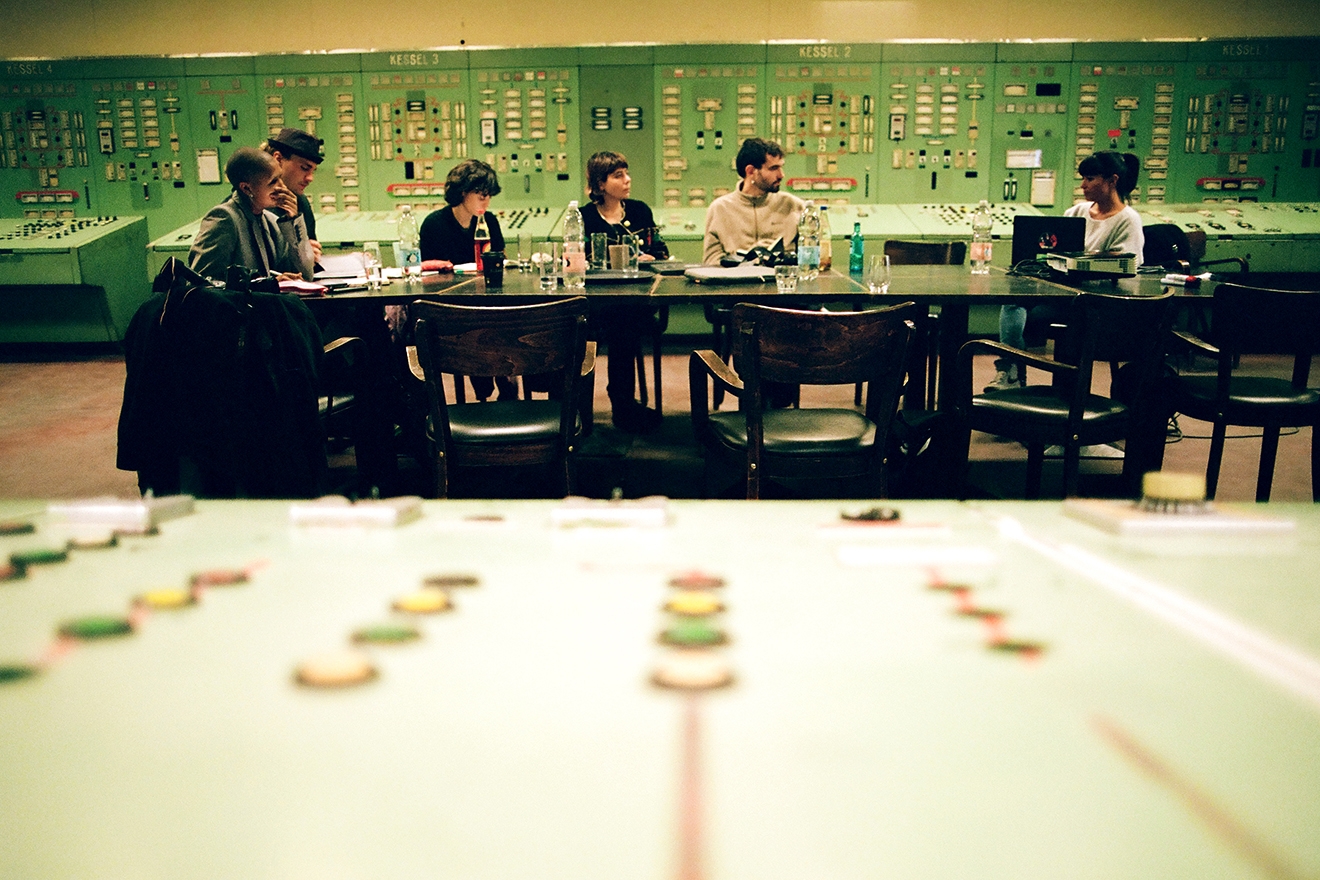
“We don't take people from Berlin,” he adds. “Berlin has enough opportunities. We have so much knowledge here now, collected over the years. We can give it to other cities who need it. Then they go back and they try to do their best,” he reveals, sharing that recent people to enroll have come from Wrocław, Lviv, Turin, Faro, Istanbul and Estonia. “I'm 100% convinced that there are people who want to do something in any community. They don't want to move all the time, they want to stay, but they need some reasons to stay in their hometown.”
“The Academy is there to support the spread of subcultural venues by training the next generation of club makers,” says Martin Fuller, the Dean of the Academy of Subcultural Understanding “We want clubs in all cities because they are important for communities, young people, and ultimately for cities. A city with a vibrant club culture will be a place that young, engaged people want to live, a place where marginalised people can find community, and are also good for local economies. Every graduate from the Academy who opens a curated club is directly improving life in their city. We want city administrators and mayors to see that this work is important. In short, we want to empower young club makers, and to advocate cities to rethink the importance of subcultural spaces in the urban fabric.”
“I moved to Berlin because I grew up in a small village and I wanted to change the world,” Hegemann declares. “The generation before me where I grew up also said, 'No, not possible.' I suggest that they should say 'Yes! Let's go, we can help, we have this old empty supermarket, we support you.'”
Find out more via tresorwest.com & tresor.foundation
Patrick Hinton is Mixmag's Editor & Digital Director, follow him on Twitter


